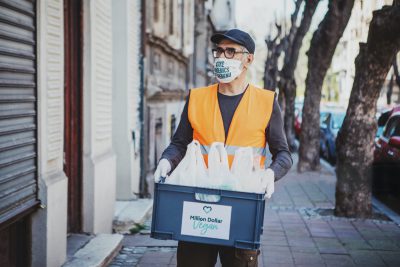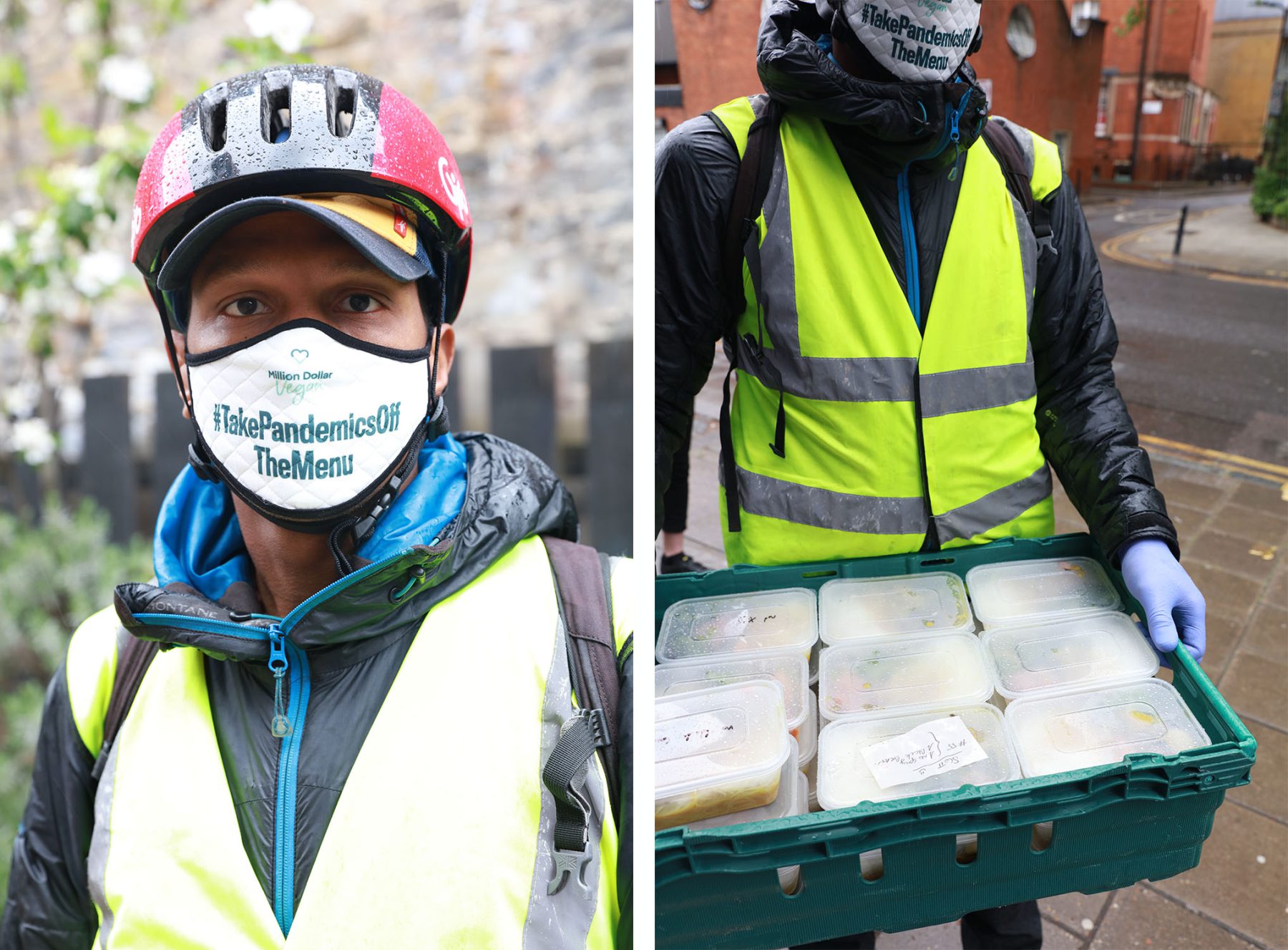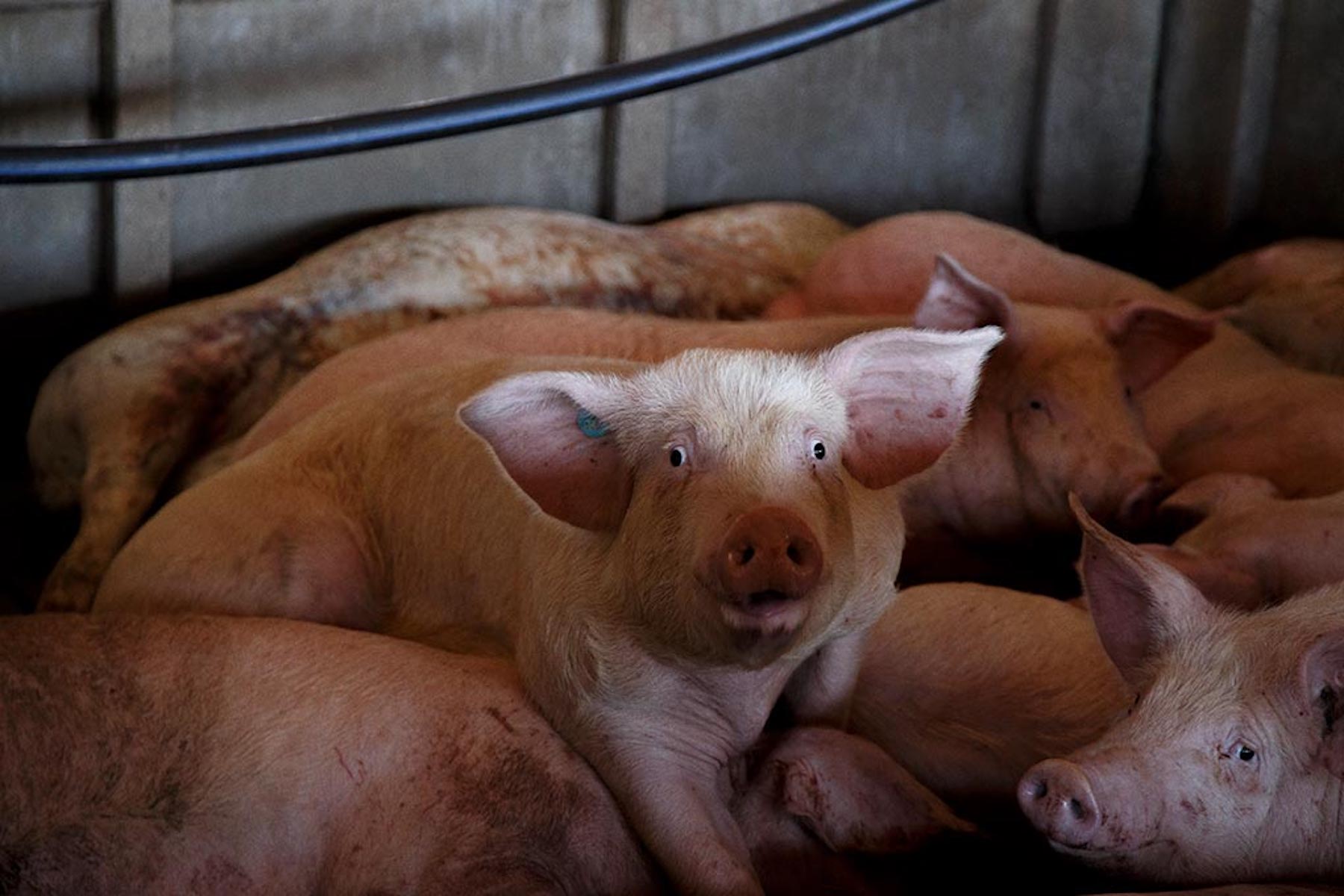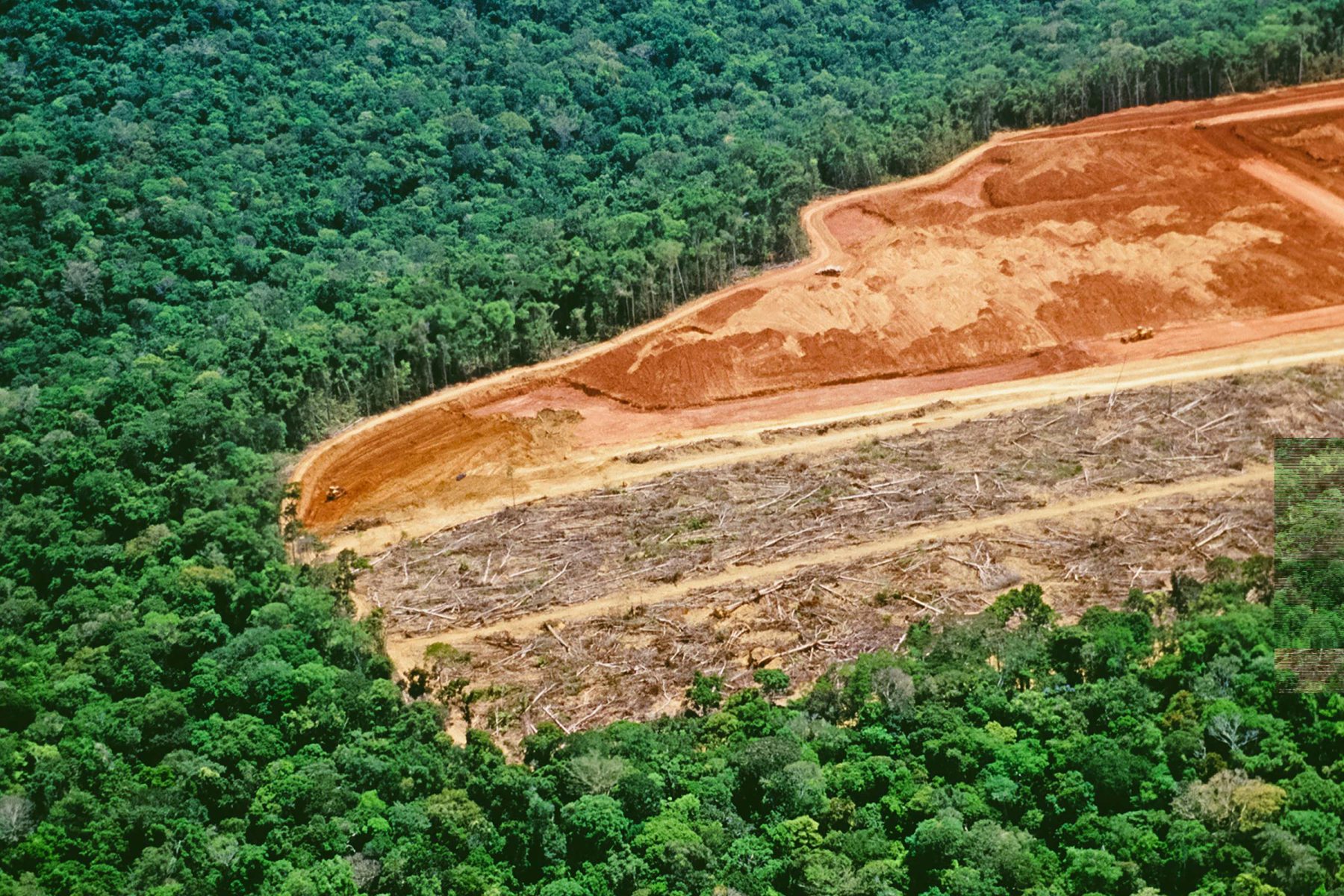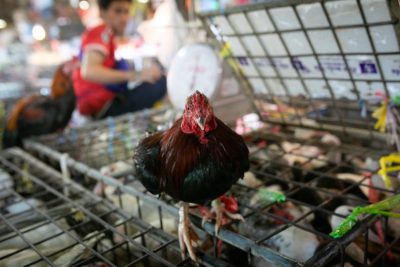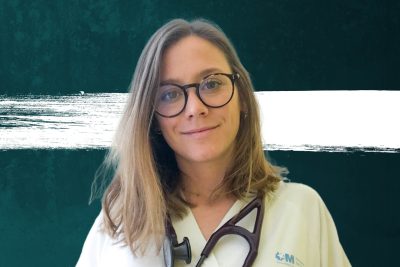Launching this weekend and rolling out across ten countries throughout May and beyond, Million Dollar Vegan is distributing $100,000 of vegan food to health workers and the most vulnerable. In doing so, we aim to put plants on the menu to support their wellbeing, and showcase the very best way to ensure we are not exposed to future pandemics: Eat vegan.
Partnering with local vegan restaurants, caterers, charities and volunteers, we will deliver: 700 food packages to homeless military veterans in Los Angeles; 3,800 meals to vulnerable families in east London; 1,000 meals to COVID-19 wards at a Turin hospital; 1,200 meals to homeless people and caregivers in Paris; 3,000 meals to underprivileged communities in Sao Paulo; 700 meals to frontline workers in Madrid; 7,000 aid packages to impoverished neighbourhoods in Buenos Aires; 6,400 meals to those in need in six Mexican cities; and four weeks of meals to hundreds of slum-dwelling families and street children in Pune, India.
Recognising that parts of Africa are likely to become overwhelmed by the disease, we have also partnered with International Fund for Africa to feed 250 primary school children in Addis Ababa with vegan food for four months. In total, we are providing 117,500+ meals to those in need.
We are not alone in giving aid, of course. Governments, NGOs, celebrities and individuals around the world are also donating to the relief effort, and while this is valuable, vital work, there remains little discussion about the inevitability of COVID-19 and the absolute certainty that there is another pandemic just over the horizon, and heading our way.
How do we know this? Because 75 percent of emerging infectious diseases are of animal origin and we have utterly failed to learn lessons from the past.
Warnings From The Past
Our long history of exploiting animals for their meat, milk, eggs and skins means there is also a long history of serious illness and widespread deaths in people: Tuberculosis is thought to have been acquired from the domestication of goats; whooping cough from domesticated pigs; typhoid from domesticating chickens; leprosy from water buffalo; and the cold virus from cows or horses.
The 1918 flu pandemic killed 50-100 million people and originated in birds. More recently, the SARS virus—thought to have originated from another live animal market—spread to over 8,000 people worldwide and cost the global economy an estimated $40 billion. Then came H1N1 “swine flu”—believed to have originated in pigs —which infected around 60.8 million people. This was followed by MERS, which emerged from an industrializing camel sector in the Middle East. And then in 2013, H7N9 “bird flu” emerged from poultry, sickening more than 1,500 people and killing roughly 40 percent of them.
COVID-19 is just the latest disease that jumped the species barrier but unless we change our ways, there is no doubt that further deadly zoonoses will overrun the globe. No doubt at all.
Farms, Markets, and Hunting
When we cut down natural habitats for logging or grazing, and when we catch or kill wild animals for food, skins or trophies, we bring wild animals much closer to the human world. And—just as diseases carried by colonialists once wiped out native human populations—so the diseases of wild animals spread to and kill people. It is not the animals’ fault, of course; they did not ask that their homes be destroyed and their young captured and killed.
Nor do the billions of animals incarcerated inside wet markets and factory farms ask for or deserve the misery we heap on them. And these poor creatures—weakened by selective breeding, and forced into filthy, overcrowded, squalid conditions—struggle to survive. Instead of seeing them as sentient beings with needs, desires and worth, and ending their systematic exploitation, we pack farmed animals in ever tighter, and dose them with antibiotics just to try to keep them alive long enough to kill them.
Double Whammy
We have had antibiotics in our medical bags for just 100 years. When discovered, these wonder drugs stopped us dying from simple infections and massively increased the odds of surviving surgery. There are few people on the planet who have not benefited from—and survived because of—antibiotics. They are precious drugs whose benefits to our society cannot be overstated. And yet, recklessly, we abuse them.
Worldwide, nearly three quarters of all antimicrobial drugs sold are used in animal food production, and this antibiotic overuse is deadly on a global scale. Diseases mutate and become resistant to the drugs. Superbugs emerge and we are left with nothing that can fight them.
Our decision to eat animals has led to wave after wave of viral pandemics, while a tsunami of antibiotic-resistant diseases is becoming increasingly inevitable.
It’s a double whammy with a single cause: eating animals.
Killing Animals Is Killing Us Too
Huge industries have had to be established just to keep us safe from the animal products we choose to eat: from meat hygiene inspectors and food safety advisory bodies that tell us the least risky ways of handling, cooking, and eating such products to the manufacturer of fungicides, virucides, antibiotics and antibacterials, and the healthcare systems that do their best to mop up the damage caused by eating animals and their secretions.
The consumption of animal products is connected to an elevated risk of heart disease, stroke, high blood pressure, type 2 diabetes and some cancers (all processed meat—including bacon, ham, pepperoni, sausages and hot dogs—are known carcinogens).10 The strain on our bodies is matched by the strain on our healthcare systems and on the economy.
About 92.1 million American adults are living with some form of cardiovascular disease or the after-effects of stroke. Direct and indirect costs are estimated to total more than $329.7 billion. Around 23.4 million American adults have diagnosed diabetes with Type 2 diabetes—which is lifestyle-related—accounting for 95 percent of all cases. The total cost to the economy of this disease is around $327 billion.
And all this is before factoring in the suffering, deaths and economic cost of foodborne pathogens such as E. coli, salmonella, listeria and campylobacter.
If we value our health, eating animal products is a risky business, made even more so now we know that those with these health conditions are much more likely to succumb to COVID-19 as well.
Eating Animals Decimates Our Planet
The damage caused to our bodies, our communities, and our economy will only get worse as we pollute, poison and heat up the planet, and a key driver of this environmental damage is animal farming.
Animal agriculture is responsible for 14.5 percent of all human-caused greenhouse gas emissions—that is more than all fuel emissions from every car, plane, bus, train and ship on the planet.
Animal agriculture drives the decimation of wild habitats and the mass killing of wildlife, and it is leading us towards a catastrophic future of devastating storms, raging forest fires, water shortages, ocean dead zones, heat waves, rising waters, melting ice caps, and lethal floods.
Animal agriculture is also one of the worst industrial polluters, emitting toxins into air, waterways and earth. Such damage is devastating of itself, but it may also be exacerbating the current pandemic: Scientists have detected COVID-19 on particles of air pollution.
Our Future Is Bound Up With Theirs
COVID-19 is a global tragedy. It is also a harsh reminder that all life on Earth is connected. To preserve our own lives, we must also strive to preserve the lives of others.
We hope that the $100,000 of food we are able to give will help relieve some of the suffering caused by COVID-19 but the real value of our work lies in education, in telling people how and why these pandemics emerge, in showing the destruction caused to our planet and our bodies when we eat animal products, and by sharing and showcasing a better way.
put plants on the menu
Taking animals off the menu and replacing them with plants can heal our planet and our bodies, rebuild a strong and resilient economy, and support people’s health and well-being all around the world. We can do this. The future is in our hands, and on our plates. We just need to make the change.
? Watch our video about how we can take pandemics off the menu.
? Get support with going vegan today.
? Join our #TakePandemicsOffTheMenu movement on social media.
? Change your profile picture using one of our Facebook frames.
? Use our camera effect to take a picture or record a video on Facebook or Instagram.
